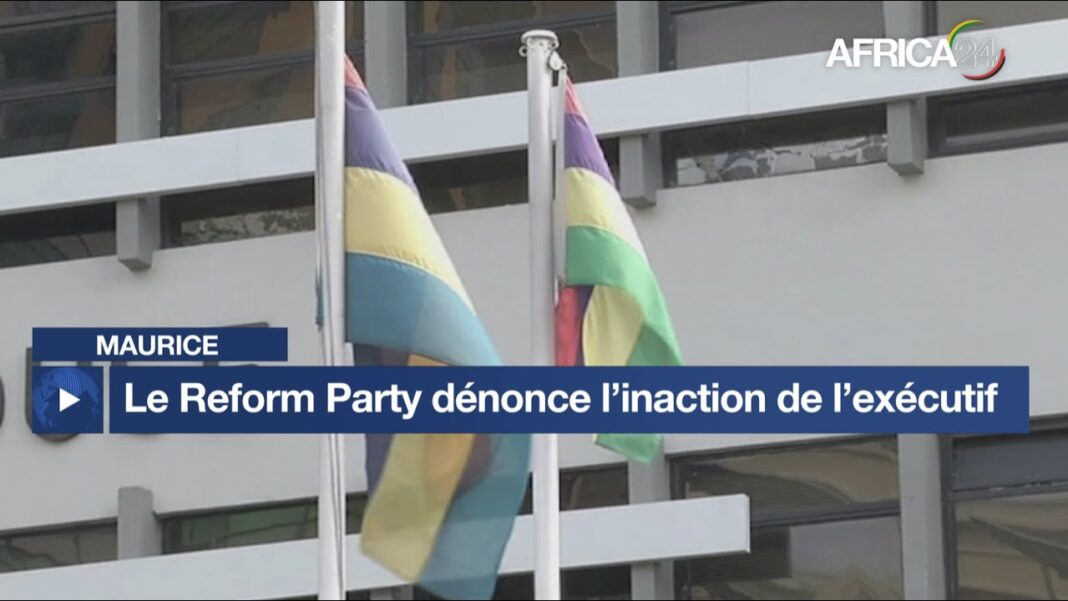In Mauritius, the opposition party, the Reform Party, held a press conference this Saturday, October 18th, to address several current issues, including the energy crisis, the high cost of living, and the revision of the VAT registration threshold, which was lowered from 6 to 3 million rupees. The leader of the Reform Party emphasized the importance of election promises concerning the electricity sector. He also drew attention to the reduction of the Generalized Social Contribution (CSG), which will drop from 2,000 to 1,000 rupees starting in January 2026.
In Mauritius, the Beau-Bassin political party, the Reform Party, presented its observations on the current situation on October 18, 2025. The party reviewed the current governance led by the Prime Minister, addressing the energy crisis, the high cost of living, and the revision of the VAT registration threshold. The leader reiterated the importance of commitments regarding the electricity sector, noting that the government had pledged to reduce tariffs. He also highlighted the reduction of the Generalized Social Contribution (CSG), which will decrease from 2,000 to 1,000 rupees starting in January 2026.
This decision will have a direct impact on households’ purchasing power, which is already strained by the rising cost of living. It cannot be offset by the minimum wage or by wage compensation, which will not exceed 5%.
The Reform Party also commented on the government’s decision to lower the VAT registration threshold from 6 to 3 million rupees. According to the opposition party, this measure has direct consequences for small and medium-sized enterprises, which are now forced to register.
When the threshold is lowered, many small businesses now have to register for VAT. This increases their costs and ultimately gets passed on to prices. In the end, it’s the consumer who pays the difference.
The Reform Party discussed investments in electricity production, pointing out that the Central Electricity Board (CEB) maintains its energy capacity and that several of its machines continue to operate. The available capacity is estimated at 466 MW for a peak demand of 445 MW. The party discussed the importance of long-term planning for the energy sector.
